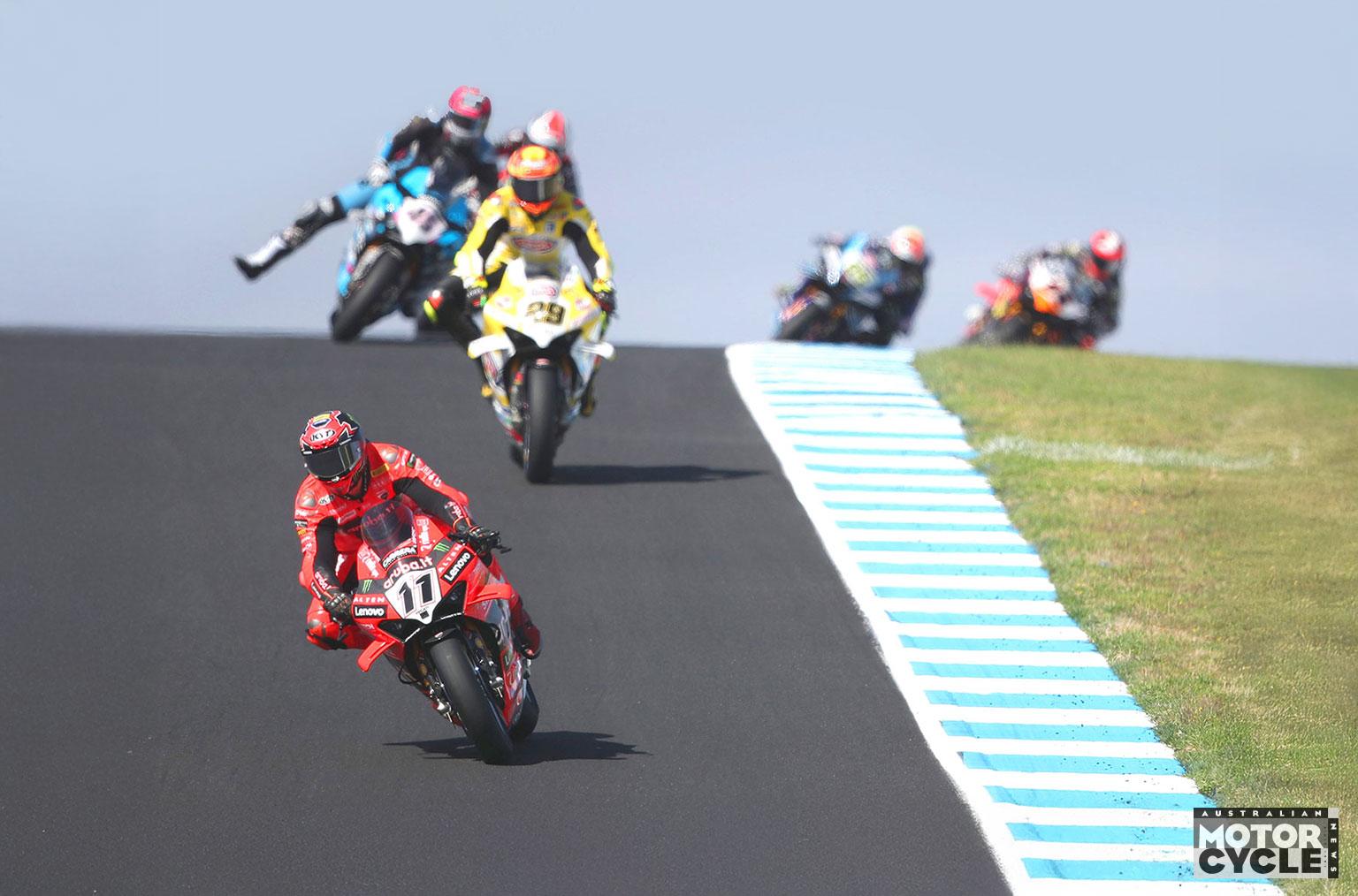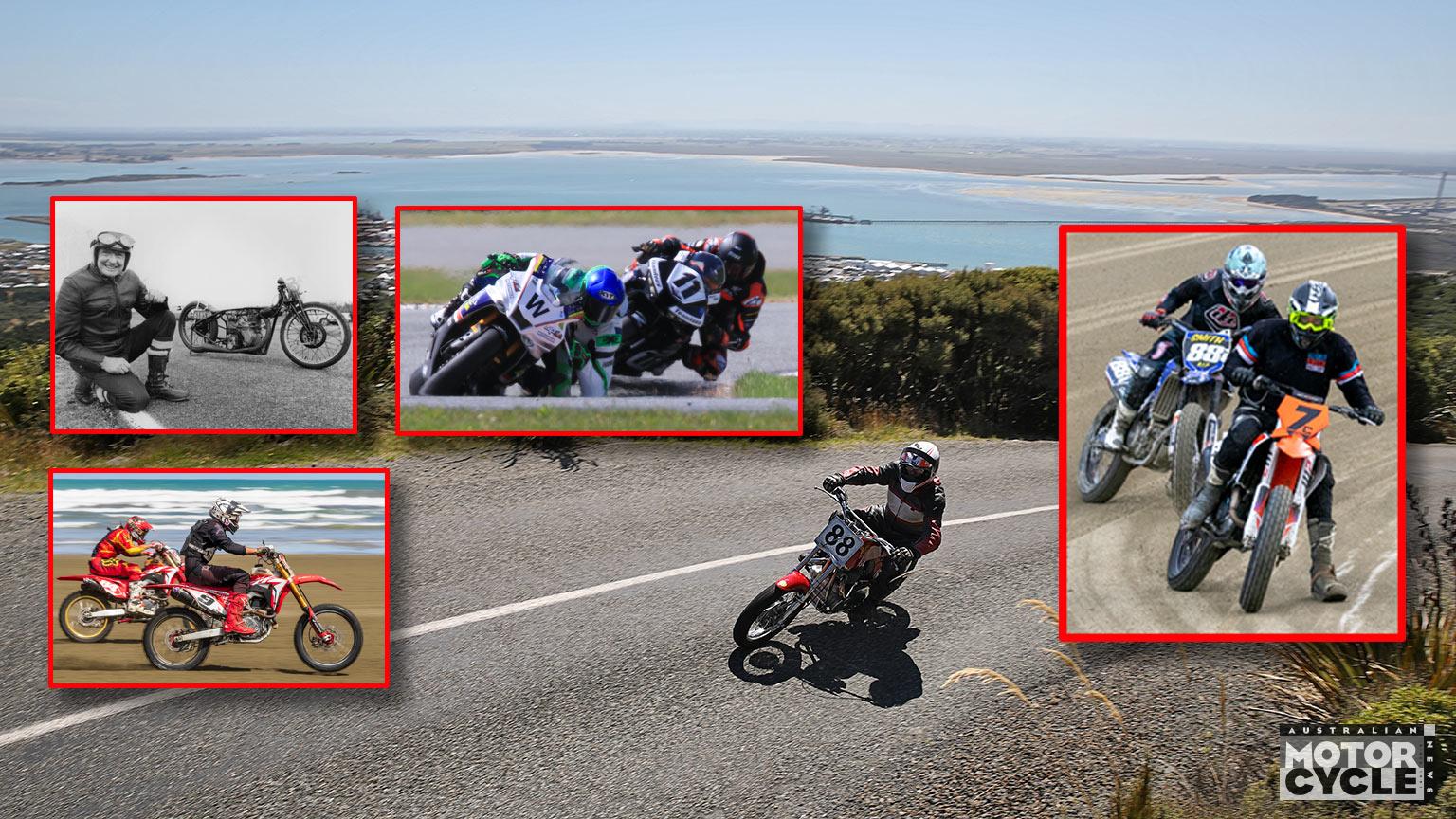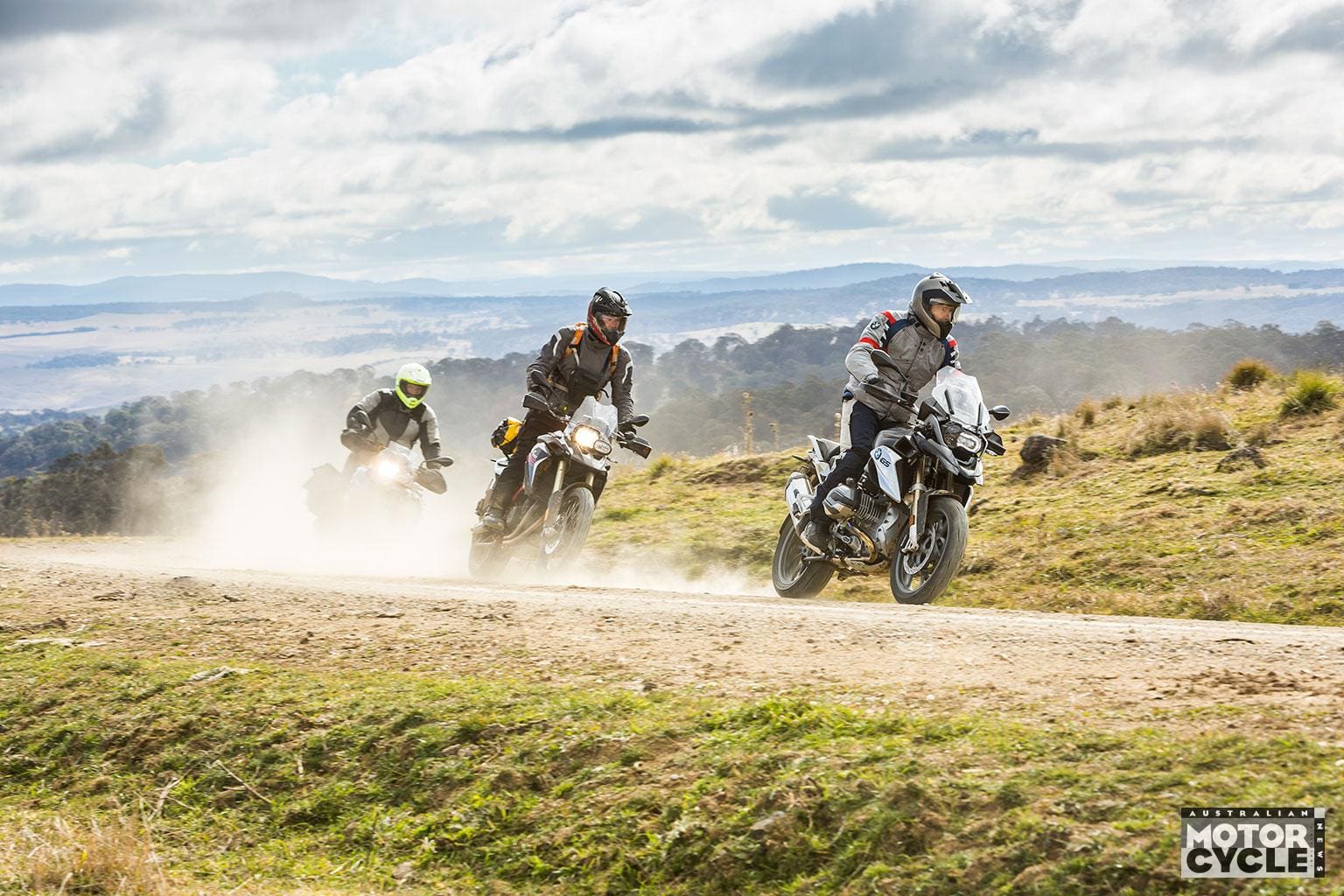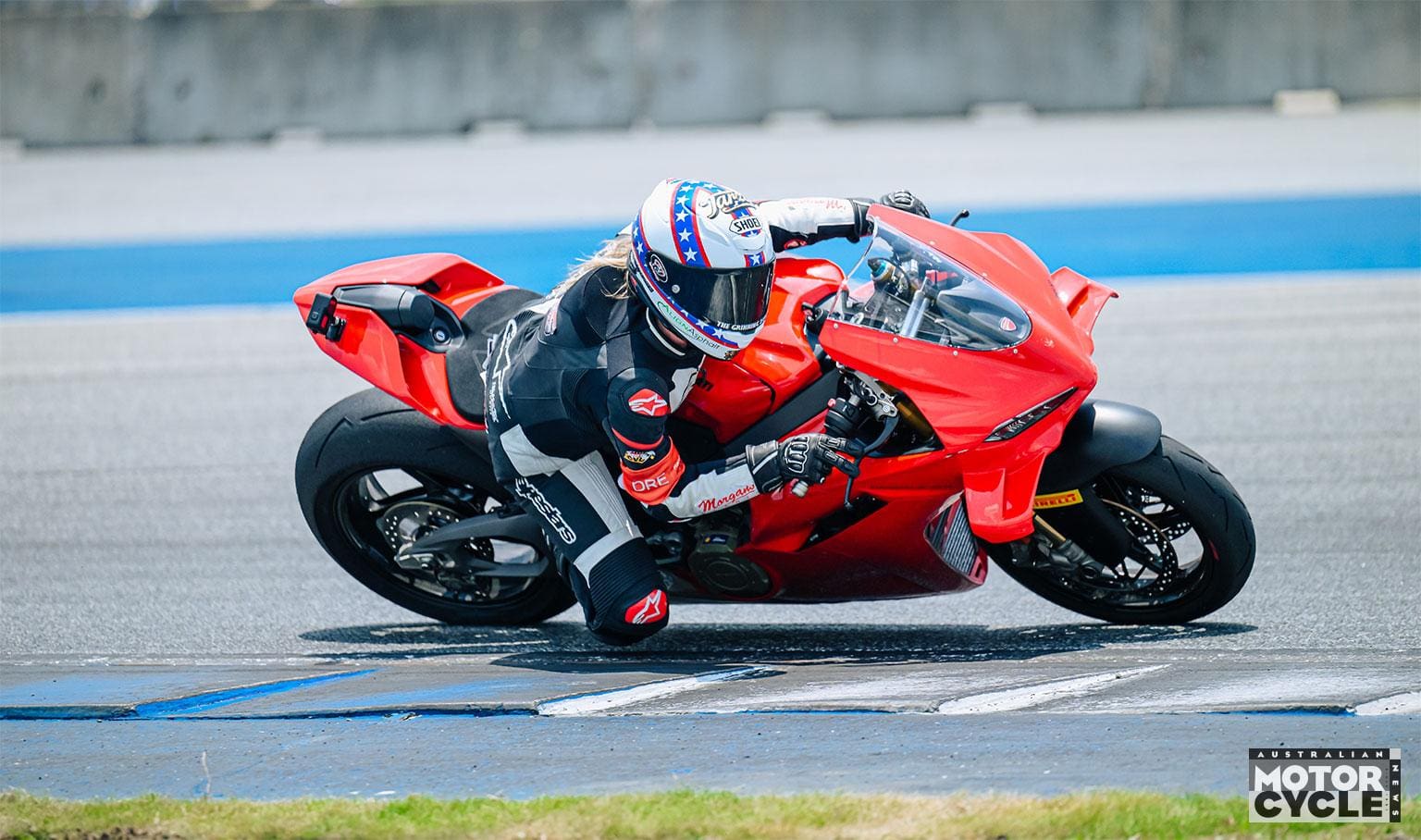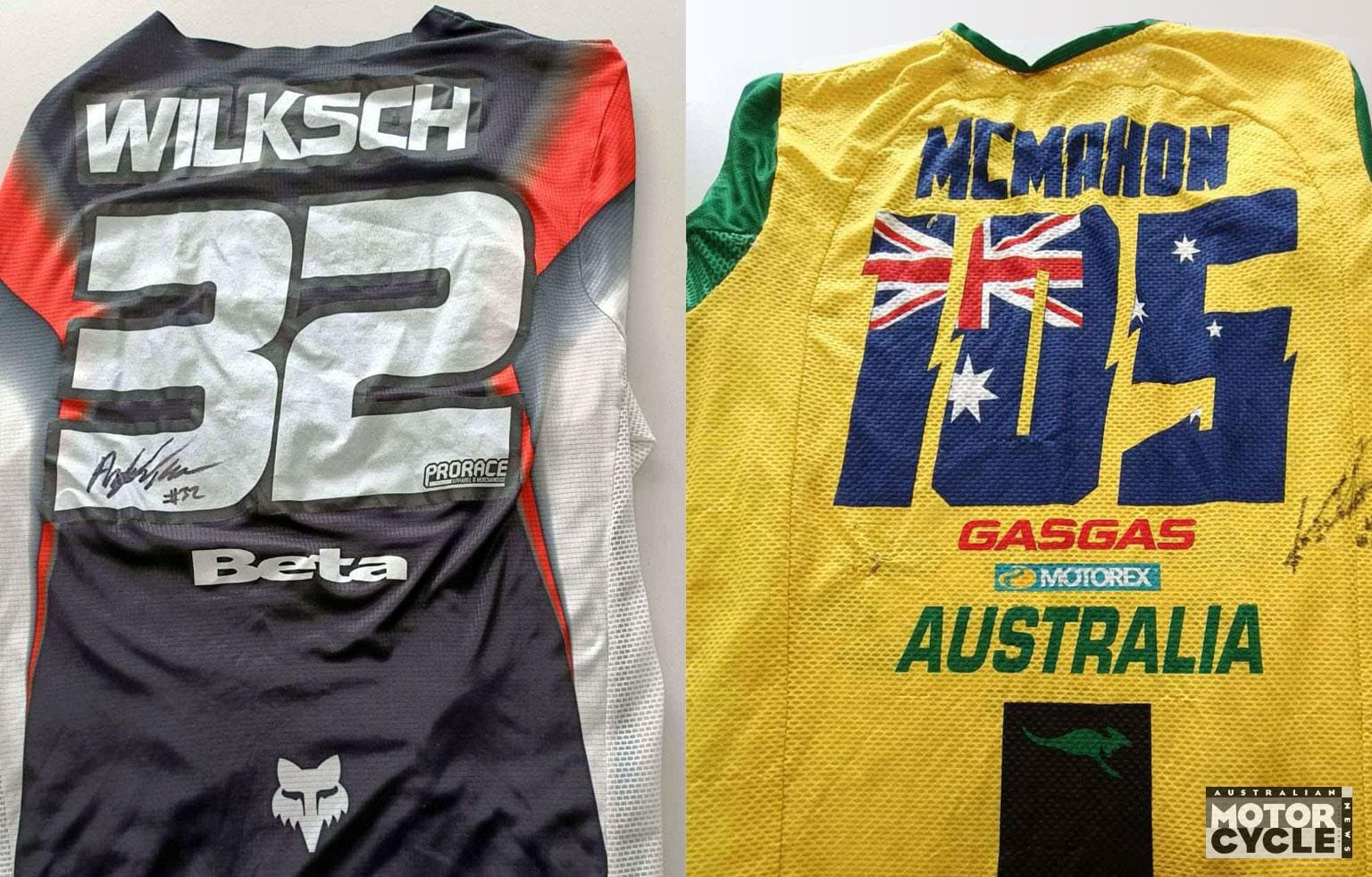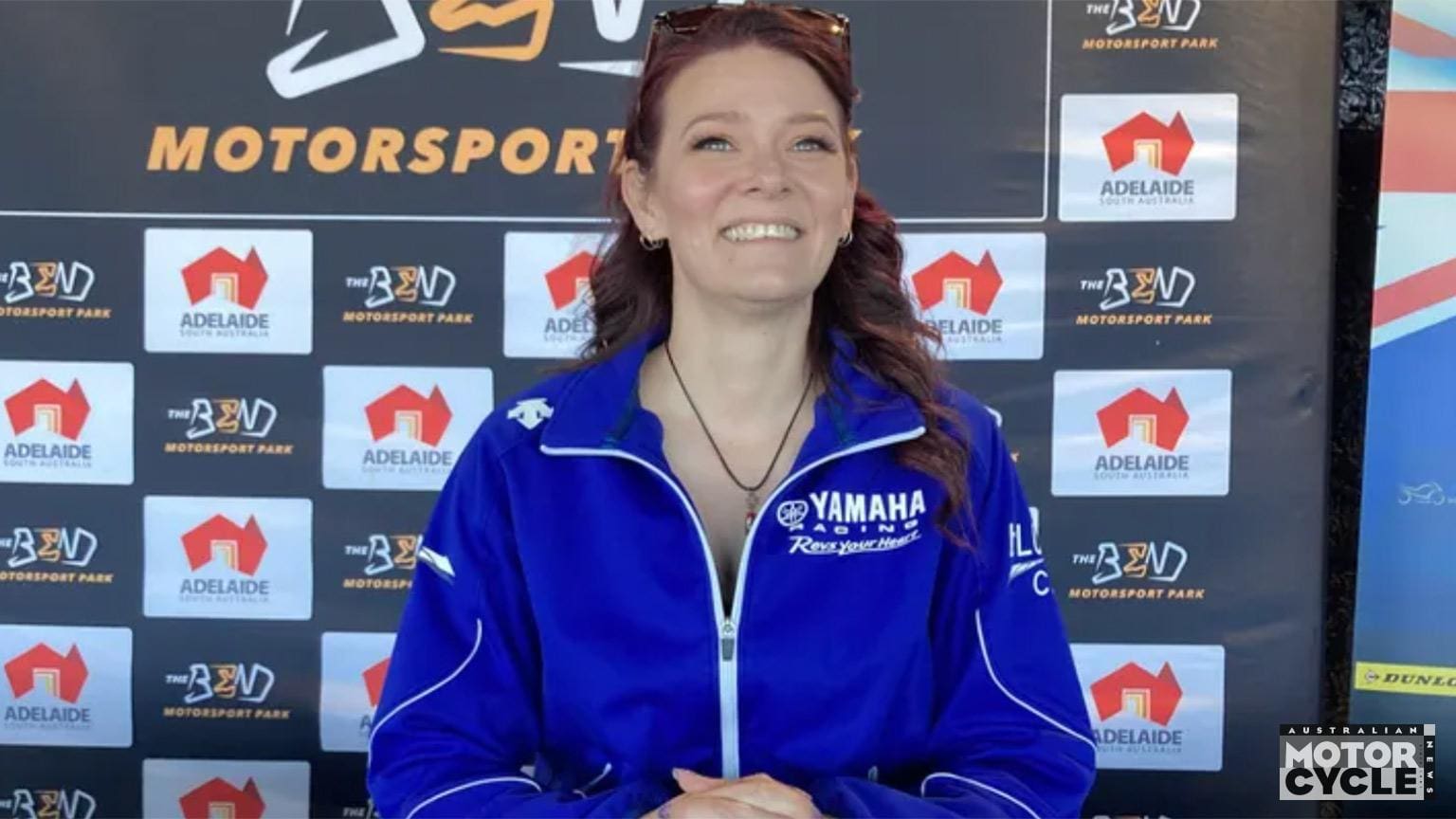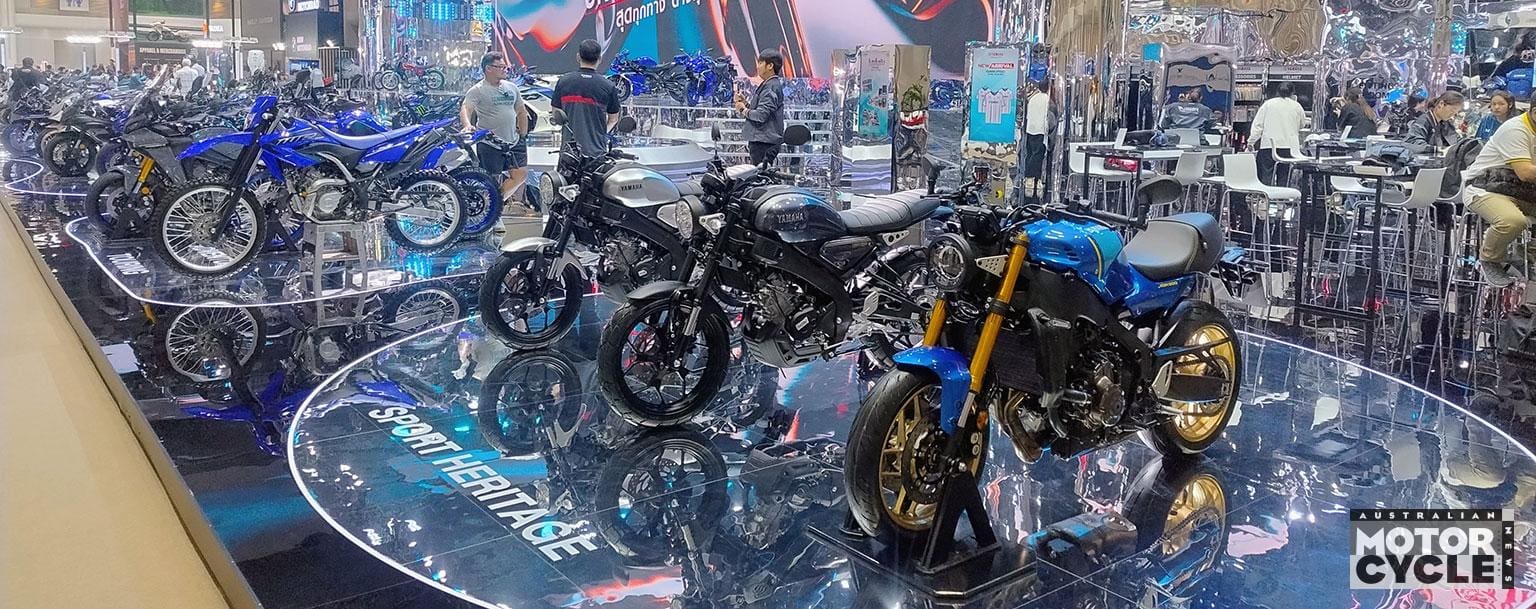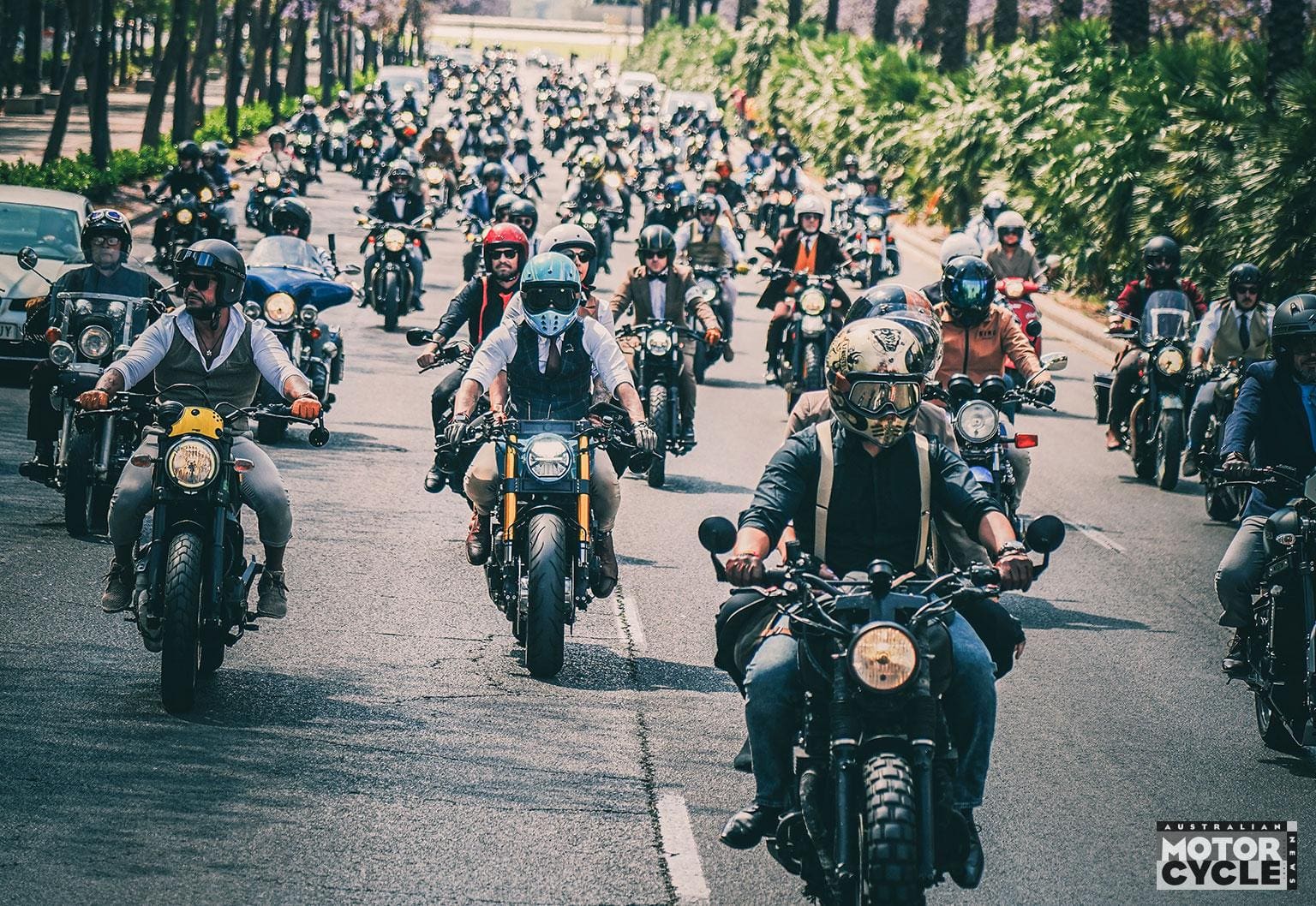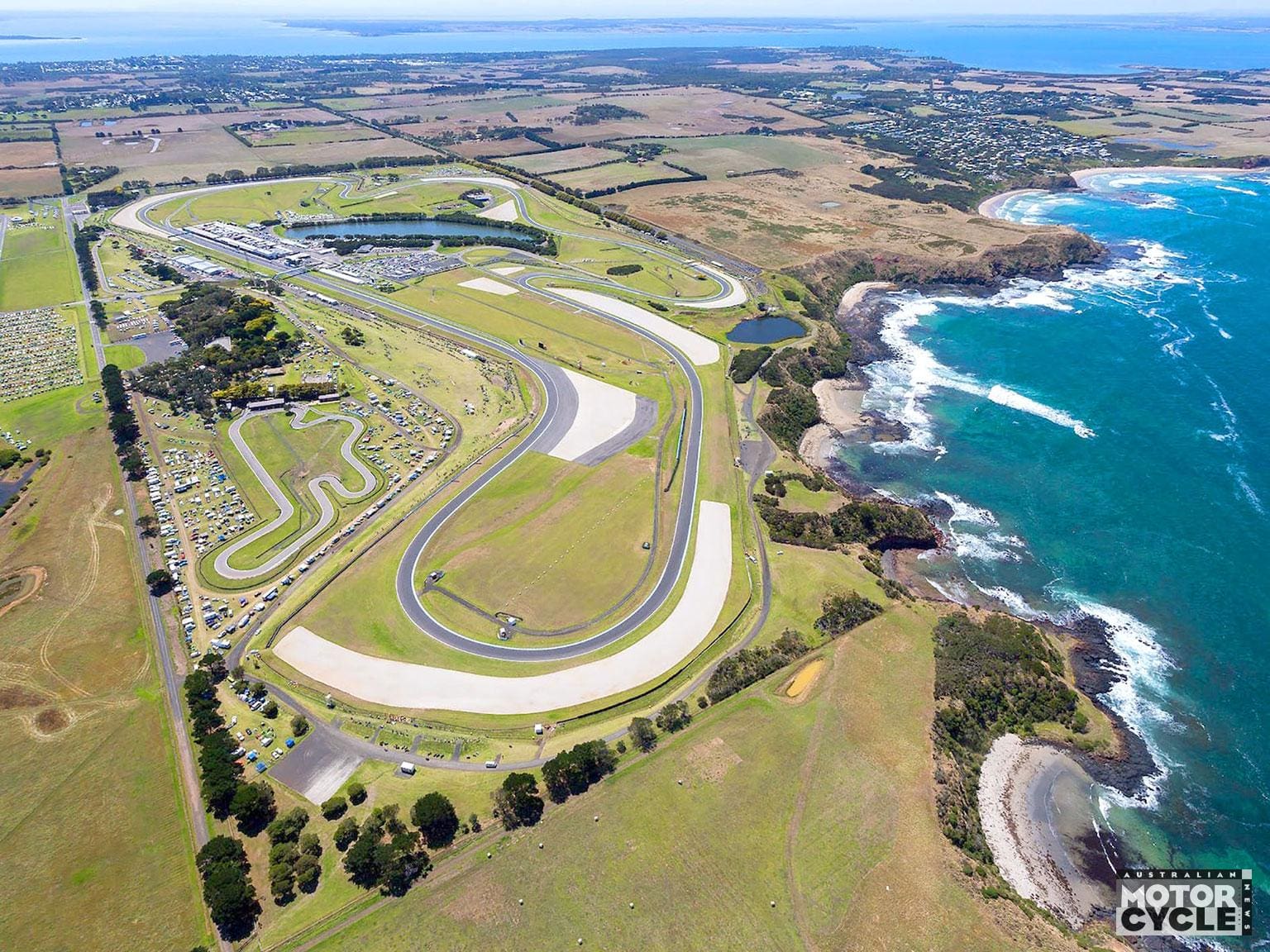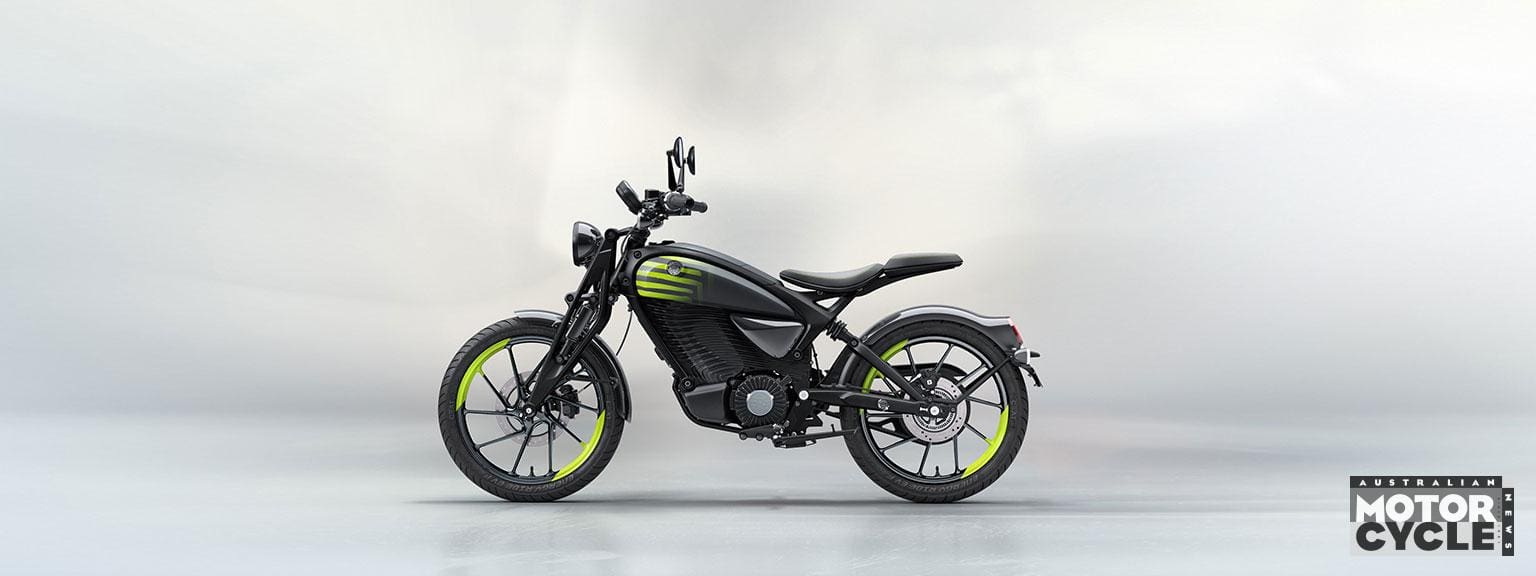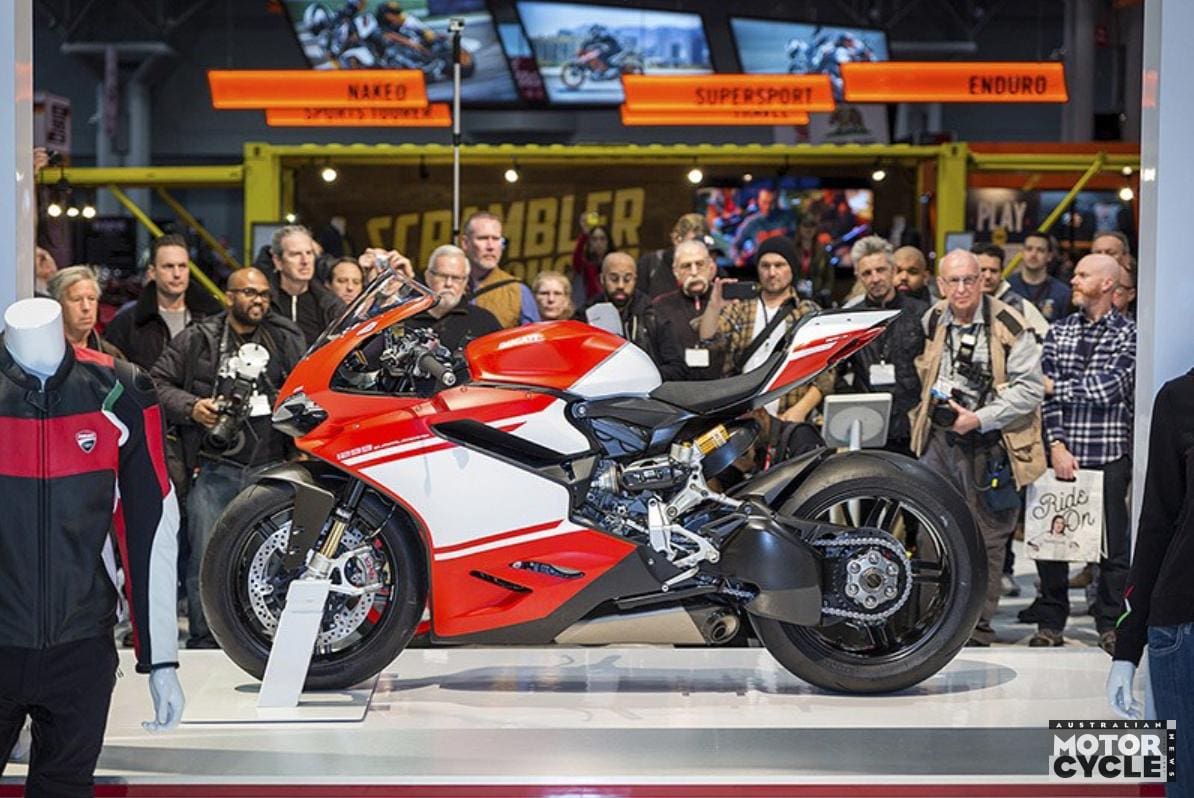The proposal was originally revealed at the Argentine GP. The acquiescence of the factories via the MSMA (the manufacturers’ association) represents a victory for Dorna chief Carmelo Ezpeleta, who was joined at the official announcement by FIM president Vito Ippolito and IRTA (the teams’ association) president, Hervé Poncharal.
It is the latest and close to the final step in a dumbing-down journey that has included two years of production-based CRT bikes and the current second-tier Open category. The details are as before, with the MotoGP class to comprise six manufacturers. Current participants Honda, Yamaha, Ducati, Aprilia and Suzuki will be joined by KTM. Along with the already-agreed control tyres and control electronics, the MSMA has accepted a freeze in technical development, unless all participants agree on an exception, or it becomes necessary for safety.
Agreement aims to contain costs, fill grids and make for closer racing
Each manufacturer has the right to participate with a two-rider factory team, and is furthermore obliged to make between two and four machines available to private teams for a lease price set at Euro€2.2 million ($3.2 million), to cover everything except crash damage. In return, Dorna is upping its financial contribution to the teams by (according to Ezpeleta) “more than 30 percent from 2016 to 2017”, with a special focus on private teams. All of this applies only to existing teams: the Closed Shop. Any new manufacturers hoping to join in – BMW is a sought-after candidate – will have to do so with one of these teams.
On the other hand, Dorna also has the right (though not the obligation) to buy the slot of the last two teams in the championship, a way of removing dead wood and opening the way to fresh growth. The minimum number of riders will be 22, the maximum 24, one less than is competing this year. Rather fudging his pledge not to allow in any new participants, Ezpeleta added: “We will not admit any other teams or manufacturers if we’re over 22 riders. This is to support the teams that have been participating.”
All concerned praised the atmosphere of cooperation between manufacturers, teams and Dorna, while FIM president Ippolito said: “We don’t want more rules. We want stable rules, from a technical and sporting point of view.”
This article appears in AMCN Vol 65 No 01
